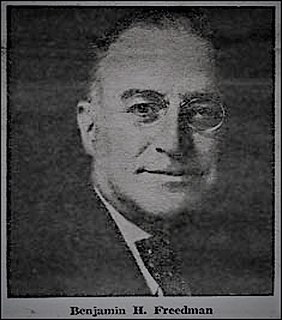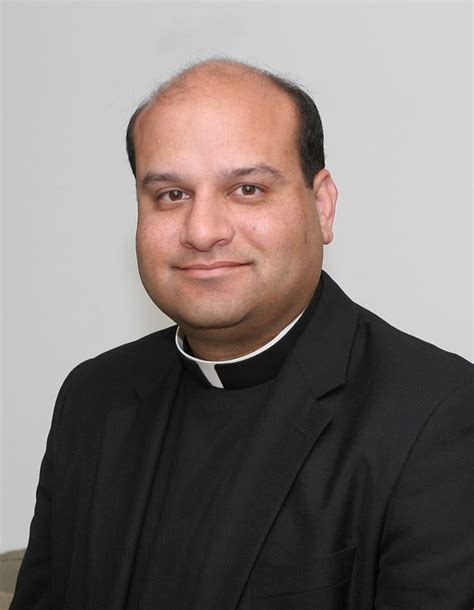A Quote by Russell Baker
One of the many burdens of the person professing Christianity has always been the odium likely to be heaped upon him by fellow Christians quick to smell out, denounce and punish fraud, hypocrisy and general unworthiness among those who assert the faith. In ruder days, disputes about what constituted a fully qualified Christian often led to sordid quarrels in which the disputants tortured, burned and hanged each other in the conviction that torture, burning and hanging were Christian things to do.
Quote Topics
About
Always
Among
Assert
Been
Burdens
Burned
Burning
Christian
Christianity
Christians
Conviction
Days
Denounce
Disputes
Each
Faith
Fellow
Fraud
Fully
General
Hanged
Hanging
Him
Hypocrisy
Led
Likely
Many
Often
Other
Out
Person
Punish
Qualified
Quarrels
Quick
Smell
Things
Things To Do
Those
Torture
Tortured
Were
Which
Related Quotes
In the modern Christian attempt to take a stand as Christ did, and maybe for others, win the approval of the world, the Christian will often think that it consists of targeting and demoralizing fellow Christians and only fellow Christians. It is one thing to stand against religious hypocrisy when one sees it, but it is another to go on snorting at anything or anyone who might seem 'too Christian' to us. The irony is that by doing this we are further advocating hypocrisy and 'half-hearted Christians'.
There is no ground whatever for the claim, so often made by religious apologists, that these ideals are specifically Christian and originated with Jesus. What were specifically Christian were some of the less enlightened teachings, which have done untold harm. Christians claim that organised Christianity has been a great force for good, but this view can be maintained on one assumption only: that everything good in the Christian era is a result of Christianity and everything bad happened in spite of it.
Christians have always tended to transform the Christian Revelation into a Christian religion. Christianity is said to be a religion like any other or, conversely, some Christians try to show that it is a better religion than the others. People attempt to take possession of God. Theology claims to explain everything, including the being of God. People tend to transform Christianity into a religion because the Christian faith obviously places people in an extremely uncomfortable position that of freedom guided only by love and all in the context of God's radical demand that we be holy.
The history of the world for the past several centuries and current events at home and abroad confirm the existence of such a conspiracy (to destroy Christianity and obtain global power). The world-wide net-work of diabolical conspirators implements this plot against the Christian faith while Christians appear to be sound asleep. The Christian clergy appear to be more ignorant or more indifferent about this conspiracy than other Christians ... It seems so sad.
When one gives up the Christian faith, one pulls the right to Christian morality out from under one's feet. This morality is by no means self-evident. Christianity is a system, a whole view of things thought out together. By breaking one main concept out of it, the faith in God, one breaks the whole. It stands or falls with faith in God.
In restating this basic Christian doctrine, Benedict argues that it is not only for Christians alone. Others may not share the Christian faith in God, but the Christian proclamation that hope comes from within the person- in the realm of faith and conscience - is for them too. It offers an important protection against stifling and occasionally brutal social systems built on false hopes that come from outside the person, founded on political idealogies, economic models and social theories.
The word "Christian" means something in particular. The basic outline and general truths and doctrines central to Christianity have been hammered out over 2000 years of reflection on the teachings of Jesus and his apostles. If you disagree with these foundational concerns - the kinds of things I focus on in The Story of Reality - then you're simply not a Christian.
It is only in proportion as the Christian manifests the fruit of a genuine conversion that he is entitled to regard himself and be regarded by others as one of the called and elect of God. It is just in proportion as we add to our faith the other Christian graces that we have solid ground on which to rest in the assurance we belong to the family of Christ. It is not those who are governed by self-will, but "as many as are led by the Spirit of God, they are the sons of God" (Rom. 8:14).
But the consequences of the whole-hearted and uncritical embrace of politics by Christians has been, IN EFFECT, to reduce Christian faith to a political ideology and various Christian denominations and para-church organizations as special interest groups. The political engagement of the various Christian groups is certainly legal, but in ways that are undoubtedly unintended, it has also been counterproductive of the ends to which they aspire.

































